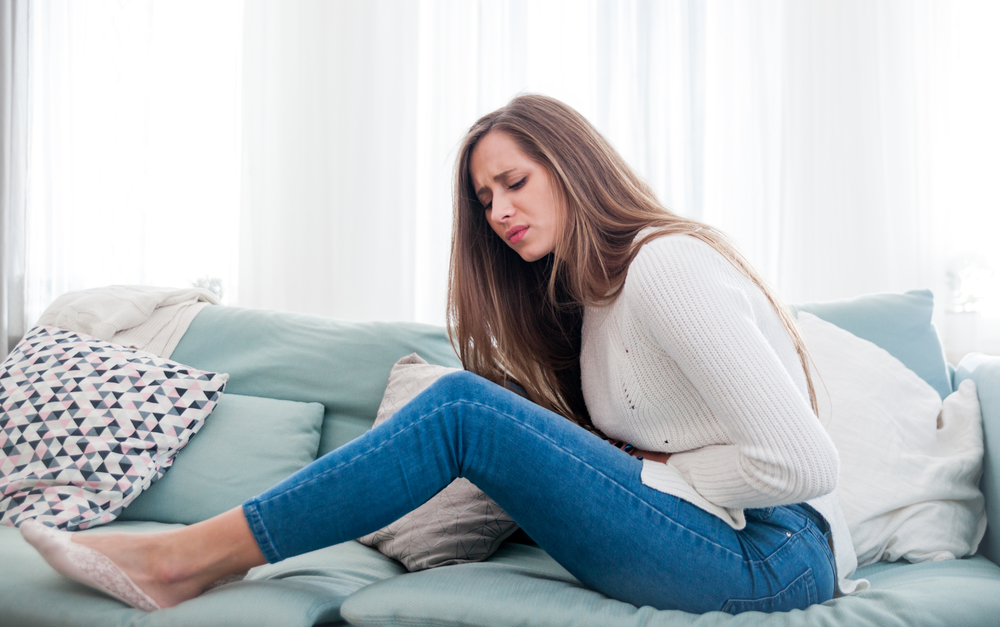Words by Angelica-Hazel Toutounji for Kiddipedia
We see it in movies, on television, in commercials and often hear horror stories from friends and family members about debilitating period pain. Whilst pain is often thought of as being an accepted part of menstruation it doesn’t mean that it is normal.
During menstruation, the lining of the uterus is shed and prostaglandins are released to help the uterus contract and expel the lining effectively. During this process, it is normal to experience some discomfort however it should be able to be relieved by over-the-counter medication and should not interfere with your everyday life. Normal period pain of this nature is referred to as primary dysmenorrhea and involves menstrual cramping just before or during the first couple of days of your period. Primary dysmenorrhea is not associated with other serious health conditions and is thought to be caused by high levels of prostaglandins.
These prostaglandins are hormone-like substances that have a role in a wide range of body functions such as dilating blood vessels, contracting smooth muscle and influencing inflammation. When high levels of prostaglandins are produced this contributes to inflammation which in turn makes our pain amplified. Whilst inflammation and painful periods can be caused by a number of factors, it is important to know that dietary choices can impact inflammation in a positive and negative way. Therefore, working with a nutritionist or dietitian that specialises in women’s health can make the world of difference to your overall health, well-being and your menstrual cycle.

In contrast to primary dysmenorrhea is secondary dysmenorrhea, a severe form of period pain caused by an underlying health condition. Some common causes of secondary dysmenorrhea include endometriosis, adenomyosis, fibroids and pelvic inflammatory disease, just to name a few. Some telltale signs of secondary dysmenorrhea include a stabbing, burning or throbbing pain that can even be present between menstruation and doesn’t improve with medication. If you are experiencing these symptoms, it’s really important to see your doctor to further investigate the underlying cause of your painful periods and rule out the above pathologies.
As a women’s health nutritionist and fertility educator one of the most rewarding parts of my job is providing menstrual cycle education to young women, so they better understand their menstrual cycle and speak up when health concerns arise. For too many years the topic of periods and the menstrual cycle has been considered taboo in nature and because of this, women have suffered in silence for too long. On the opposite end of the scale because periods are often talked about in such a negative light women are led to believe that period pain is normal and don’t seek out answers to support them with their health.
Your period and your menstrual cycle as a whole provide amazing insights into your overall health. Abnormal menstrual symptoms such as heavy bleeding, pain, late or early periods provide invaluable information to guide clinicians to get to the root cause of the problem. So instead of dreading your period use it as an opportunity to gain a deeper understanding and appreciation of your body. Listen to your body, care for it and love it and if things don’t seem right and your period is interfering with your everyday life, please seek support to get to the bottom of it.









